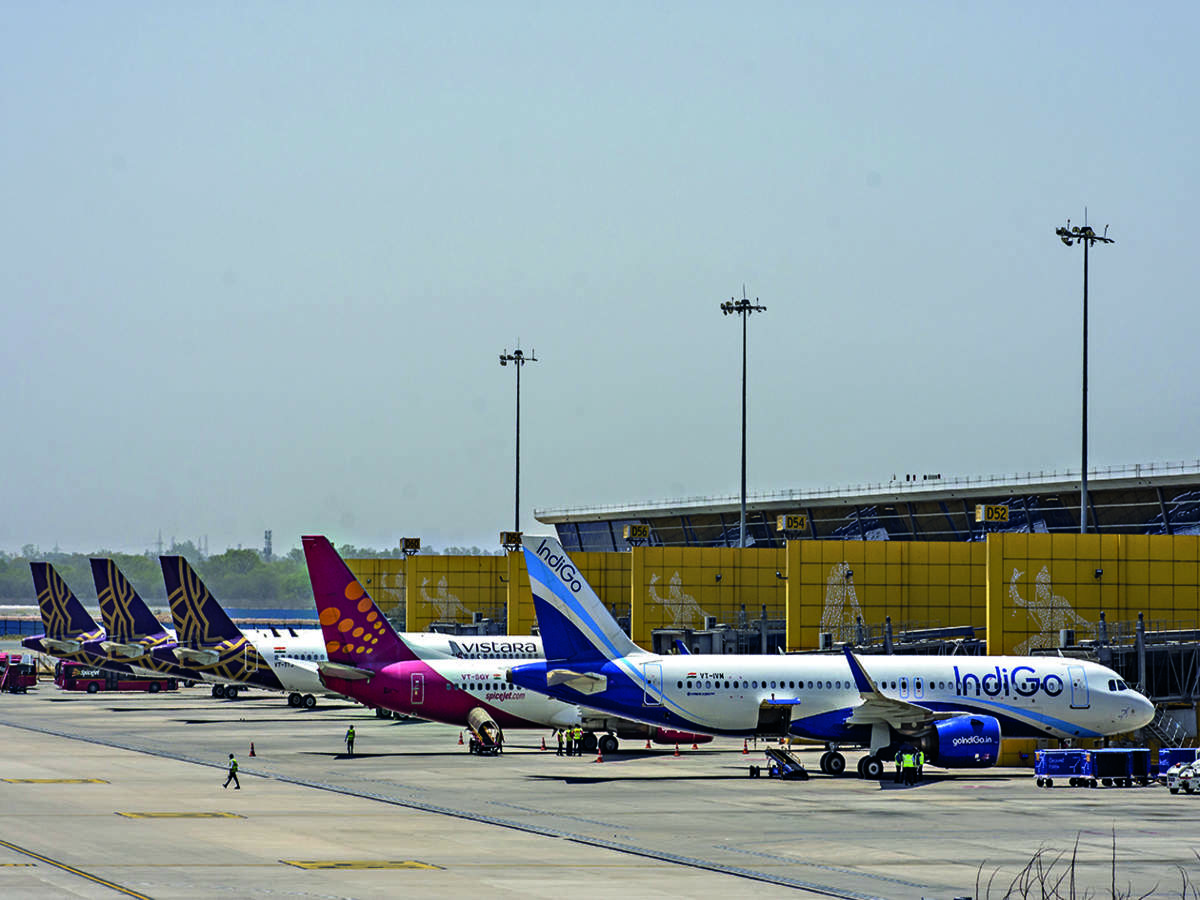Mumbai, NFAPost: Speaking at the Global Fintech Fest 2022 (GFF 2022), Chief Economic Advisor V Anantha Nageswaran said India is among the fastest growing fintech markets in the world with a market size of $31 billion in 2021 that is expected to reach $1 trillion by 2030.
“A major shift towards a more equitable distribution of investment across sectors including InsurTechs, WealthTechs, etc, has started taking place. We are talking about bridging the digital divide and the economic divide. Therefore the focus now is on how the combination of technology and finance is enabling access to finance and access to opportunities,” said India’s Chief Economic Advisor Dr. V Anantha Nageswaran .
GFF 2022 is organised and presented by the Department of Economic Affairs, Ministry of Finance, Reserve Bank of India, International Financial Services Centres Authority (IFSCA), National Payments Council of India, the Payments Council of India (PCI) and the Fintech Convergence Council (FCC). Pre-event festivities began virtually on September 19, 2022. This is the third edition of the Global Fintech Fest, and the first one where domain experts are participating from across the globe in-person and virtually.
India’s largest fintech conference, GFF 2022, kick-started with a session on ‘Creating A Sustainable Financial World’, where industry stalwarts such as GFF 2022 Advisory Board Chairman, Axilor Ventures Chairman and Infosys Cofounder Kris Gopalakrishnan, Fintech Convergence Council Chairman Naveen Surya, SBI Mutual Fund ED & Head of Strategy Srinivas Jain and Flourish Ventures Global Investments Advisor Smita Aggarwal deliberated on the topic.
During the session, Chief Economic Advisor V Anantha Nageswaran further said the next wave in the fintech sector could be the cash flow lending to MSMEs using Account Aggregator, UPI and OCEN.
“The lending potential of $3 trillion next year will be based on GST invoices and bank statements made available on Account Aggregator and banks adopting OCEN. The government is now pivoting from digital financial inclusion to digital financial empowerment. This is being done through Jan Dhan 2.0, strong gender focus, PM SVAnidhi Scheme, eKYC and digital onboarding and protection of digital customers,” said Chief Economic Advisor V Anantha Nageswaran.
In another insightful address on catalysing the growth of health insurance in India with National Health Stack, National Health Authority CEO R S Sharma said the National Health Authority has successfully implemented two flagship programmes – Ayushman Bharat –Pradhan Mantri Jan Aarogya Yojana (PMJAY) and the Ayushman Bharat Digital Mission that have transformed the health insurance industry.
“PMJAY is providing health insurance cover to over 500 million people at the bottom of the pyramid to the tune of Rs 5 lakhs per month, per family and is the world’s largest health insurance scheme. Today we have a huge opportunity to digitize the entire health space that will ultimately impact the health insurance industry in this country,” said National Health Authority CEO R S Sharma.
As honorable Prime Minister aptly articulated that every Indian in the country must have a health account, National Health Authority CEO R S Sharma said all of his health records and episodes must be linked to this account which builds up his longitudinal health.
“We have already built the enabling platform in the form of the ‘Health Claims Exchange’. We are now building the adapters from the providers’ and payers’ sides, after which the platform will ensure the interchangeability of information in a very seamless way. With standardization and cost optimization, the Health Claims Exchange will be to India’s health technology what the JAM trinity was to the country’s fintech,” he added.
Speaking about the barriers and drivers to grow digital payments for the next half a billion users, National Payments Corporation of India (NPCI) Chief Operating Officer Praveena Rai said as per the RBI Payments Vision 2025, digital payments are for everyone, everywhere, and every time, where everywhere and every time boils down to the quality of connectivity required to commit to digital payments and digital solutions.
“‘Everyone’ challenges us the most because it needs to address some of the biggest barriers – affordability, access to identity, and literacy as we go deeper and broader into our markets and user base,” said National Payments Corporation of India (NPCI) Chief Operating Officer Praveena Rai.
GFF 2022 is being supported by the Unique Identification Authority of India (UIDAI), National Investment Promotion & Facilitation Agency (Invest India), Startup India, Reserve Bank Innovation Hub (RBIH) and ONDC. Special Partners of GFF 2022 are World Bank Group, United Nations Capital Development Fund, BIS Innovation Hub, KNOMAD, Better Than Cash Alliance and International Finance Corporation (IFC).
About Fintech Convergence Council (FCC)
Setup in 2017 as a fintech committee, Fintech Convergence Council was later converted into an independent council with its independent governing board, with over 70 members. The FCC represents various players in the fintech, banking, financial services, and technology space. The FCC works towards the penetration of financial services with the aim of financial inclusion and moving towards a digitally empowered country. It creates opportunities for collaboration and convergence among various players in the financial services domain. Committees under FCC are Lending, Wealth Management, Insurance, Neo-Banking and Regtech.
About Payments Council of India (PCI)
The Payments Council of India (PCI) was formed in 2013 catering to the needs of the digital payment industry. The Council was formed inter-alia for the purposes of representing the various regulated non-banking payment industry players, to address and help resolve various industry level issues and barriers which require discussion and action. The council works with all its members to promote payments industry growth and to support our national goal of ‘Less Cash Society’ and ‘Growth of Financial Inclusion’ which is also the vision shared by the RBI and Government of India. PCI works closely with the regulators i.e. Reserve Bank of India (RBI), Finance Ministry and similar government, departments, bodies or Institution to make ‘India a less cash society’.





